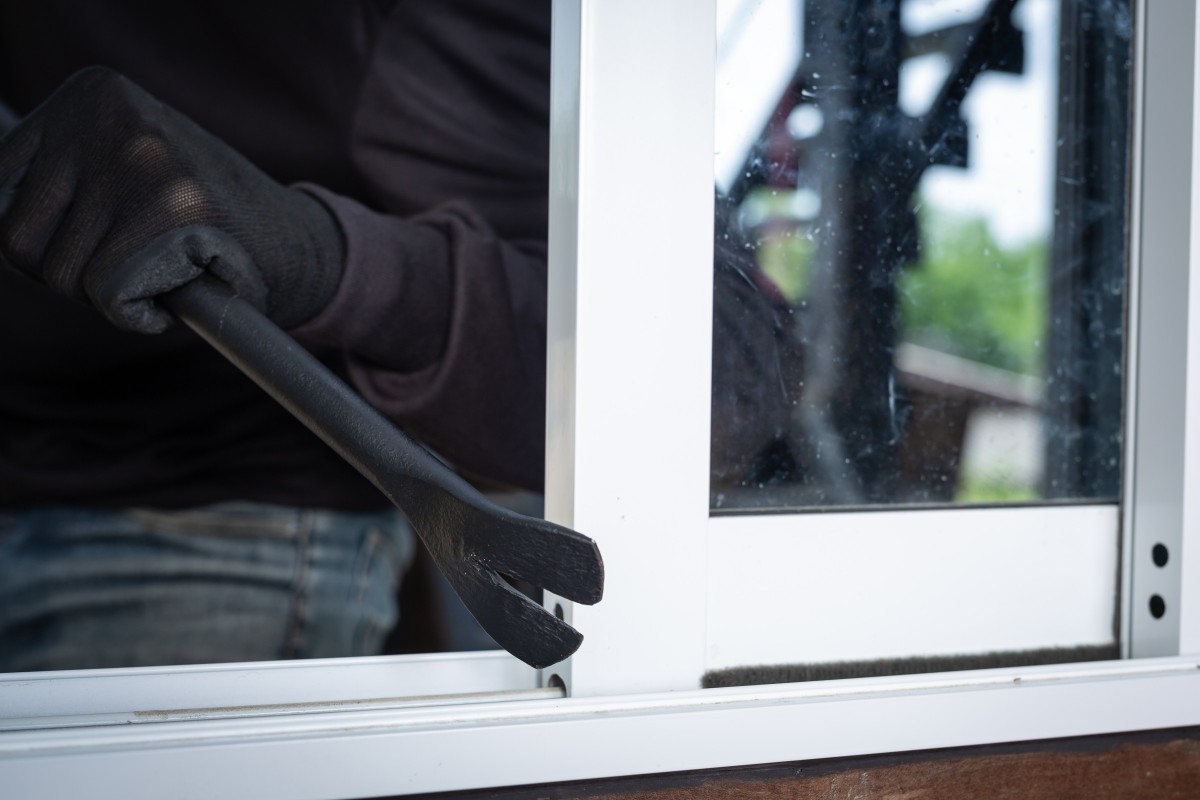
Squatting is one of the main headaches for homeowners and neighbours within a community. Having squatters in a flat or house in your residential complex or block can be a serious problem, especially if the offenders carry out illegal or annoying activities. What can a homeowners' association do when faced with squatters? What action should be taken? This article answers these questions.
In theory, the owner of the squatted property should be the person most interested in evicting the squatters, so it is assumed that they would do everything in their power to evict them. However, this is not always the case. Often, the owners of squatted properties belong to vulture funds or banks who, when they are informed of the problem, are not very interested in repossessing the flat. So, what can a homeowners' association do when faced with a squatter? Let's take a look at the steps.
Steps to evict a squatter from a residential block
1. Call the police
As soon as you become aware of the squatting, the best thing to do is to report it to the police. They may be able to evict them immediately. "It is believed that if the occupants have been inside the house for less than 48 hours, it is a flagrant offence, and they can be thrown out immediately. However, this statement has no basis in any law (in the Penal Code nor the Criminal Procedure Act)," says César García, director of Acounsel Abogados.
To evict squatters immediately, they must be caught in the act, for example, by a live security camera or an alarm. In other words, they must be caught squatting before they have time to take possession of the property. At that point, the owner can call the police to evict them.
2. Report the squatting
The squatting must first be reported to the property's owner. The law states that the association's president must do this. If you have a property administrator, you should consult with them, as they know how to proceed. If you don't have one, the best thing to do is to hire a lawyer who is an expert in real estate law.
According to Article 7.2 of the Horizontal Property Law (LPH), " the president of the community, at their own initiative or the initiative of any of the owners or occupants, shall require whoever carries out the activities prohibited by this section to cease them immediately, under penalty of initiating the appropriate legal action".
If the offender, in this case, the squatter were to persist, the president, with the prior authorisation of the owners' meeting, may bring an action for cessation against them, which, if not expressly provided for in this article of the LPH, will be dealt with using an ordinary lawsuit.
3. Legal action
If the police fail to evict them, either because there is no alarm, they have not been caught with a camera or any other circumstance, then legal proceedings (civil lawsuit for eviction) must be taken. For the squatters to be evicted, a court order authorising the police to enter the house is necessary.
In 2018, a special eviction process was created for evicting squatters, which is supposed to be quicker than eviction for non-payment (previously used). To initiate an express eviction against squatters, a complaint signed by a lawyer and a solicitor must be filed.

4. Wait for the outcome of the trial
Once a lawsuit is filed and it is proven that the offender has been officially notified and that the homeowners' association agrees, the judge can decide on a preventive basis to stop the prohibited activity. Failure to comply could be considered an offence of disobedience. The judge can also take other preventive measures to ensure compliance with the order stopping the squatting. The claim should be against the property owner and, if necessary, whoever is occupying it.
If the judge rules in favour of the claim, they can order the prohibited activity be permanently stopped, that compensation be paid for the damage caused and that the use of the property or premises be banned for up to three years, depending on the seriousness of the case and the damage caused to the block. If the offender is not the owner, the judgment may take away all rights to the property and order them to vacate it immediately.
What to do if the owner of the squatted flat does not cooperate?
If the landlord does not help vacate the squat, which is more common than one might think, the homeowner's association can file a lawsuit demanding to cease the nuisance activities.
Article 7.2 of the LPH establishes that "the owner and the occupant of the flat or premises are not allowed to carry out activities in it or the rest of the property that are prohibited in the bylaws, that are harmful to the property or that contravene the general provisions on annoying, unhealthy, harmful, dangerous or illegal activities".
Therefore, squatters can be reported as disturbing the normal and peaceful coexistence of the building, for example, by causing constant noise nuisance, generating bad smells, vandalism, etc. Furthermore, the mere existence of squatters in a homeowners' association can harm all neighbours, as it lowers their homes' value.
The homeowners' association must also prove that the owner of the squatted flat is not cooperative in resolving the situation, i.e. they did not seem to care about the nuisance that the squatters in his house cause to the rest of the neighbours.
Measures to prevent squatters
There are preventive measures that the homeowners' association can take to avoid squatters, such as installing security and video surveillance systems, regular maintenance of the properties belonging to the association, personal and non-transferable access keys to the property, etc.
How long does it take to evict squatters?
According to the latest data from the General Council of the Judiciary (CGPJ), it takes almost two years to evict a squatter.
Who can kick squatters out of a house?
Only the police can enforce a squatter's eviction. However, eviction proceedings against squatters can be initiated by the property owner and the homeowners' association if the landlord does not do so.






